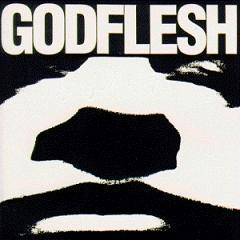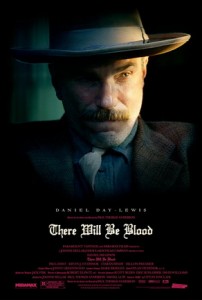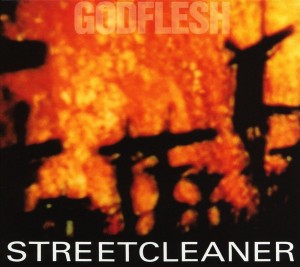
While this is widely cited in the “underground” community as the definitive Godflesh album, I have to go and take a massively differing stance on this one. While I do acknowledge that this was a very groundbreaking work at the time of it’s release and it was responsible for catapulting the band to a level of notoriety that their first EP didn’t come close to, this is actually one of the more unsatisfying releases, for me, when compared with the rest of their catalog. All things considered, this is probably a result of the immense pleasure I get from everything Godflesh and not that this is actually anything less than a solid album. The band made their bones on this record and as such they established a reputation for a bleak, cold, emotionally barren aesthetic along with garage/basement level production qualities (almost unheard of for a band reliant so heavily on electronic sounds), but in light of the rest of their discography, this album is not the quintessential Godflesh record, if their even is one.
Justin has stated that this album was their clearest and most complete statement of intent; which makes sense. The album is almost pathologically simple, direct, and monotonous in tone (“clear and complete statement of intent”), but it lacks the nuances of many of their other works and fails to take the listener to any place other than the depths of human suffering in a world of failing religious dogma, technological dominance at the cost of the natural world, and the sheer psychopathic insanity resulting from complex beings faced with an absurd new world order. That said, it does provide the perfect sonic landscape to an exploration of those themes; an iron giant trudging forward in it’s relentless pursuit of heavy riffs, otherworldly noise from the abyss, and a new beat for a more mechanized humanity.
The album opens with two back-to-back hits; Like Rats and Christbait Rising. Both tracks display this era of Godflesh at their finest; cut & chopped death metal inspired vocals running through a wilderness of otherworldly riffs over a bizarre hybrid of industrial and hip-hop beats (Justin was quoted as saying the beat for Christbait was a direct attempt to do something similar to Microphone Fiend by Eric B & Rakim – listen to the extended instrumental at the end of that track to understand). Christbait Rising definitely ranks in the top 3 Godflesh songs, but the rest of the album is not of that quality and it devolves into a lot of “non-songs” on side B. Which makes sense considering the two were recorded separately (May 1989 at Soundcheck in Birmingham for Side B, May-August 1989 at Square Dance in Derby for Side A). None of it is bad, I just find at this point in time, with the entirety of the band’s catalog available for our listening pleasure, there are many better options which contain the same style or emotional angle. Devastator and the title track’s opening incorporate non-musical samples to excellent aesthetic effect; heightening the aforementioned mood and provoking some deep thoughts when discernible. The follow-up tracks to those beginnings (Mighty Trust Krusher and Streetcleaner) are concentrated doses of one or two great riffs and a slamming back-up of drum and bass hits; highly simplified which leads to an effective surface and immediate enjoyment, but a lack of depth or extension to the experience of appreciating these tracks. Other tracks, such as Life Is Easy, are basically throwaways when you can listen to later albums with better expressions of the band’s intentions. However, Locust Furnace, the closing number, is another highlight for me as it is about as bleak and crushing as the band gets.
The entire album considers the vocal/lyrical portion of the band to be fundamentally another instrument, adding a layer of tone and noise to the mix as opposed to being a detailed narrative/explanation, back-lit by the instruments. Brief, simple lyrics such as “Stylized/Deformity/Don’t look back/You were dead from the beginning” or “Vision, Escape/Vision, This feels right/Hell, Is where I lie/Now take the power, When we all die” depict a very specific world-view through tight-lipped certainty; there is no contemplation or dialogue, just a stoic observation. Justin declares, in broad strokes, that there is nothing of value in this world, there is no redemption for it, and it is not worth the time to debate the nuances. This concentrated force of one man’s emotionally-driven intellectualized worldview is certainly effective in evoking an emotional reaction in the listener and boiling reality down to the lowest common denominator for easy understanding (even if that understanding does hinge on one’s own acceptance of the futility in all things), it is unfortunately simplistic. Juvenile in the sense of being but one important step on a journey to deeper understanding. A pursuit of understanding of life, the self, and existence which Justin would continue to pursue through his entire catalog. Along the way, he would reach much greater heights than this album, but he could never have touched any of them without first eating the dirt in his earliest works.
So for those interested in dark, dirty, lo-fi music, this is a great starting point for the band. It’s understandable how much of the extreme music community prefers this above all other records in the band’s catalog as it is the closest they come to being an easily classifiable “extreme metal” act as well as an easily digestible package for the average darkness and riffage junkie, but to me, it lacks the challenging qualities which they would explore later; spirituality unbound by dogma instead of simple condemnation of religion or the importance of appreciating suffering and it’s part to play in our lives, as examples.
In 2010 Earache released a 2 disc remastered version of the album which contains bonus tracks ranging from the interesting (unreleased original mixes for the first recording session) to the unnecessary (rehearsal tapes for songs you already are getting two versions of on the album?). What is really worthwhile about the reissue is the remastered version. It is what I consider to be exactly what a remaster should sound like; no re-recorded instrumentation or previously omitted guitar tracks added in, just straight up re-adjusting the levels on raw tracks to make it sound louder, heavier, and clearer. While I know that the album’s original quality is very important as a piece of artistic history and that those who bought the album when it was initially released want to hear it as it sounded, warts and all, given the limitations of technology and what was available to the boys, at that time, I’m thrilled to throw this sucker on and actually have a sledgehammer of noise slam me in the chest instead of just a rusty mallet.
Final note; the cover of this album is derived from a drug-induced trip during the film Altered States, a fitting work of art about human evolution (physically, mentally, and spiritually), expanded modes of consciousness, and the dissolution of social paradigms under the influence of other planes of existence. It’s a fucking cool flick.
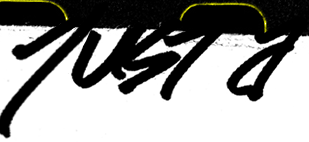
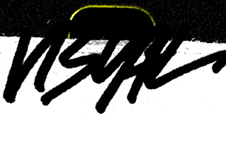



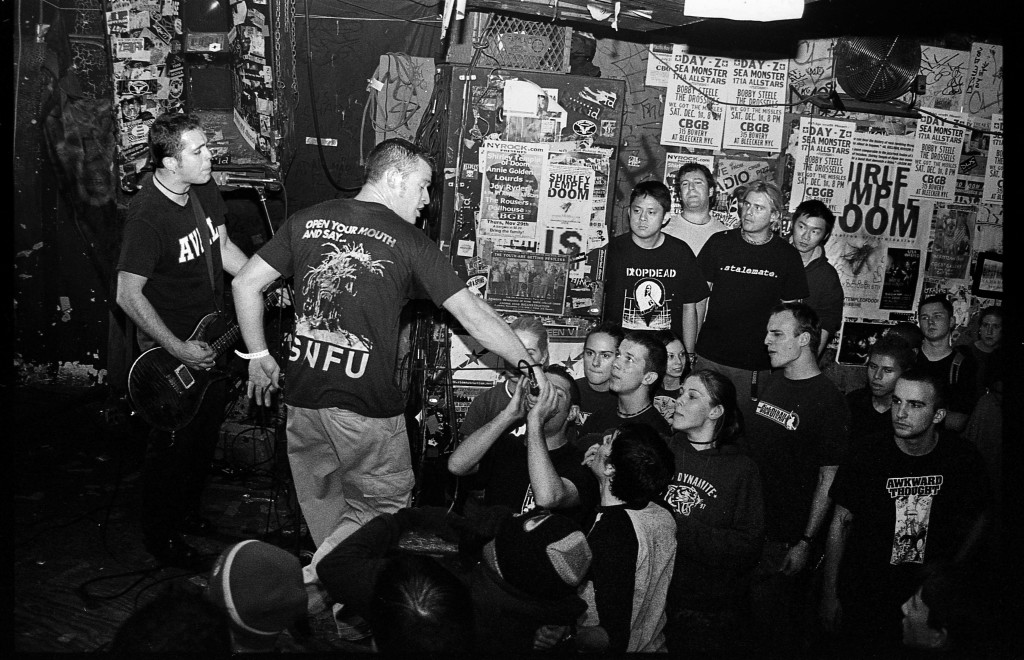

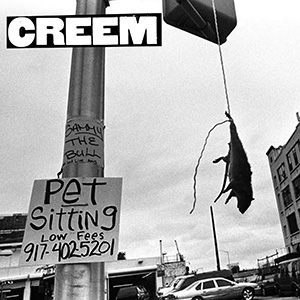 Creem is back once again with a new 7″ for 2013. After releasing their self titled 12″ on Katorga Works last year the band put together a European tour with their brother/sister band Nuclear Spring. In prep for their trip they got back into a studio to recorded 4 new ones. Note I said a studio, not the studio. The reason I mention this is because the recording’s quality has vaaaastly improved on this new Curator ep. Although I was a huge fan of all the releases they did prior (being one of the few Brooklyn based bands I fully support) after the demo I was hoping for a little more separation tonally. But as things go in the Zu the kids prefer to keep things as raw as possible. I do believe they do the rough recording thing best, but I am more than happy to finally hear them sound on record as they do when I have their sweat pressed up against mine in a dim room.
Creem is back once again with a new 7″ for 2013. After releasing their self titled 12″ on Katorga Works last year the band put together a European tour with their brother/sister band Nuclear Spring. In prep for their trip they got back into a studio to recorded 4 new ones. Note I said a studio, not the studio. The reason I mention this is because the recording’s quality has vaaaastly improved on this new Curator ep. Although I was a huge fan of all the releases they did prior (being one of the few Brooklyn based bands I fully support) after the demo I was hoping for a little more separation tonally. But as things go in the Zu the kids prefer to keep things as raw as possible. I do believe they do the rough recording thing best, but I am more than happy to finally hear them sound on record as they do when I have their sweat pressed up against mine in a dim room.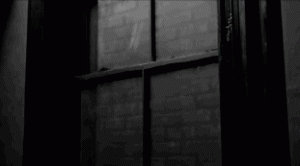

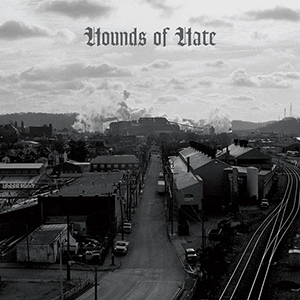 After Hounds of Hate released their first 7″, No Redemption, I finally began to understand the band. As a straight edge guy I find it really hard to find new straight edge bands I actually enjoy. I give a lot of shit (edge or not) a solid chance, but often after a couple songs if I’m not blown away I move onto the next. Unfortunately the HoH demo didn’t blow me away, but I could see the potential lingering in there somewhere. So flash forward to when I get word they’re releasing something new I go round and check it out. Perhaps it was the addition of a new vocalist that did it for me? Maybe they just honed their sound? Either way that 7″ is solid end to end if you ask me.
After Hounds of Hate released their first 7″, No Redemption, I finally began to understand the band. As a straight edge guy I find it really hard to find new straight edge bands I actually enjoy. I give a lot of shit (edge or not) a solid chance, but often after a couple songs if I’m not blown away I move onto the next. Unfortunately the HoH demo didn’t blow me away, but I could see the potential lingering in there somewhere. So flash forward to when I get word they’re releasing something new I go round and check it out. Perhaps it was the addition of a new vocalist that did it for me? Maybe they just honed their sound? Either way that 7″ is solid end to end if you ask me.